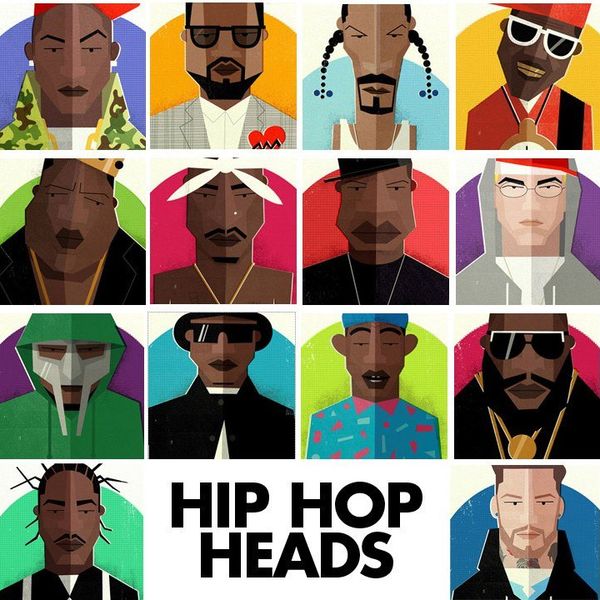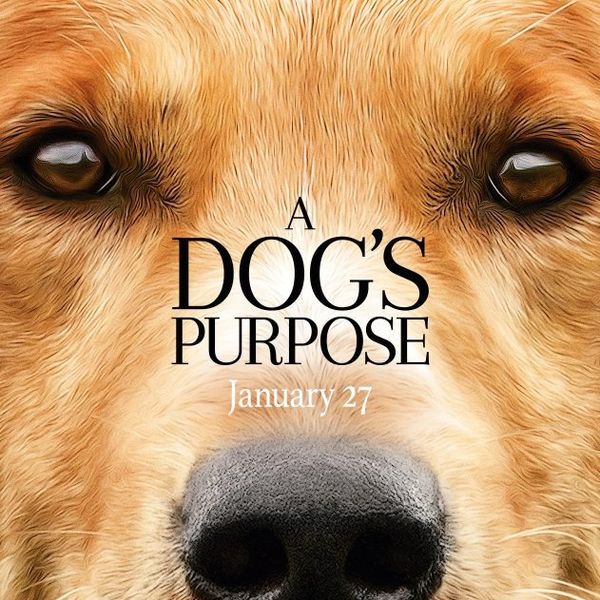On the heels of the most controversial election in U.S. history, hip hop group A Tribe Called Quest dropped an album. A very political album.
Their first release since 1998, ATCQ didn't miss a beat, addressing everything from gentrification to racism to the trivialization of 2016 and the president elect himself. And because of this, I began thinking what hip hop really is and what it should be for the first real time.
Looking back to when I was in high school, I can remember playing Lil Wayne in the car with my mom and her going "Wow, hip hop isn't what it used to be." I always found a way to tune her out as she talked about how KRS-One and other rap pioneers were so great, only concerning myself with how many times Wayne clicked his lighter in the beginning of "Fireman." I wish I would have payed attention then, but I did not know the severity of the situation and those soon to come.
With all the turmoil of today, our community is in dire need of hip hop. Not the flashy pop culture that we have come to know, but real hip hop. I'm not saying that today's hip hop isn't engaging and entertaining, because it is and it is loved for that reason, but the genre (nee culture) has become something so over saturated with the stylized lifestyle that accompanies it that very few of the consumers (and artists for that matter) realize or remember what hip hop began as or why it was formed.
First and foremost, hip hop was and still is a cultural movements. Created as a way to break free from the substandard socio-economic hold that was forced upon the misrepresented and oppressed minorities at the time, namely African Americans and Hispanics, hip hop was one of the only way they could express their opinions on the tattered system. This is mainly because at the time, minorities were not as easily accepted into other fine art forms, like dance or painting, as they are (or supposed to be) today. So they made their own, taking from a variety of already established genres (jazz, rock, soul, disco, etc...) to tell their stories and relate to their collective people. It was broken down into four elements: Graffit, B-Boyin, MCing, and DJing, the two latter being the most forefront in today's version of the culture.
The elements were used to the utmost to convey a message. Whether that message was against police brutality and classism, teaching the Black youth to uphold their identity, or just overall consciousness, it was still meant to be a commentary of those who it was geared to. And yes, of course there was still the feel good dance tracks that the artist released, but it still didn't take away from the stories that were yearning to be told. It was real. It was raw. It was authentic.
Hip hop was truly the voice of a generation.
There is a great lack of the true meaning of hip hop in the genre's music released today, right when we, the audience, need it the most. With everything going on, I truly believe that we would greatly benefit from having the artist we admire fighting along with us instead of trying to please the masses. And if they claim it isn't their responsibility to make social commentary, they need to be asked do they truly understand what hip hop is.
Cause I know some people who do, and they want it back.




















